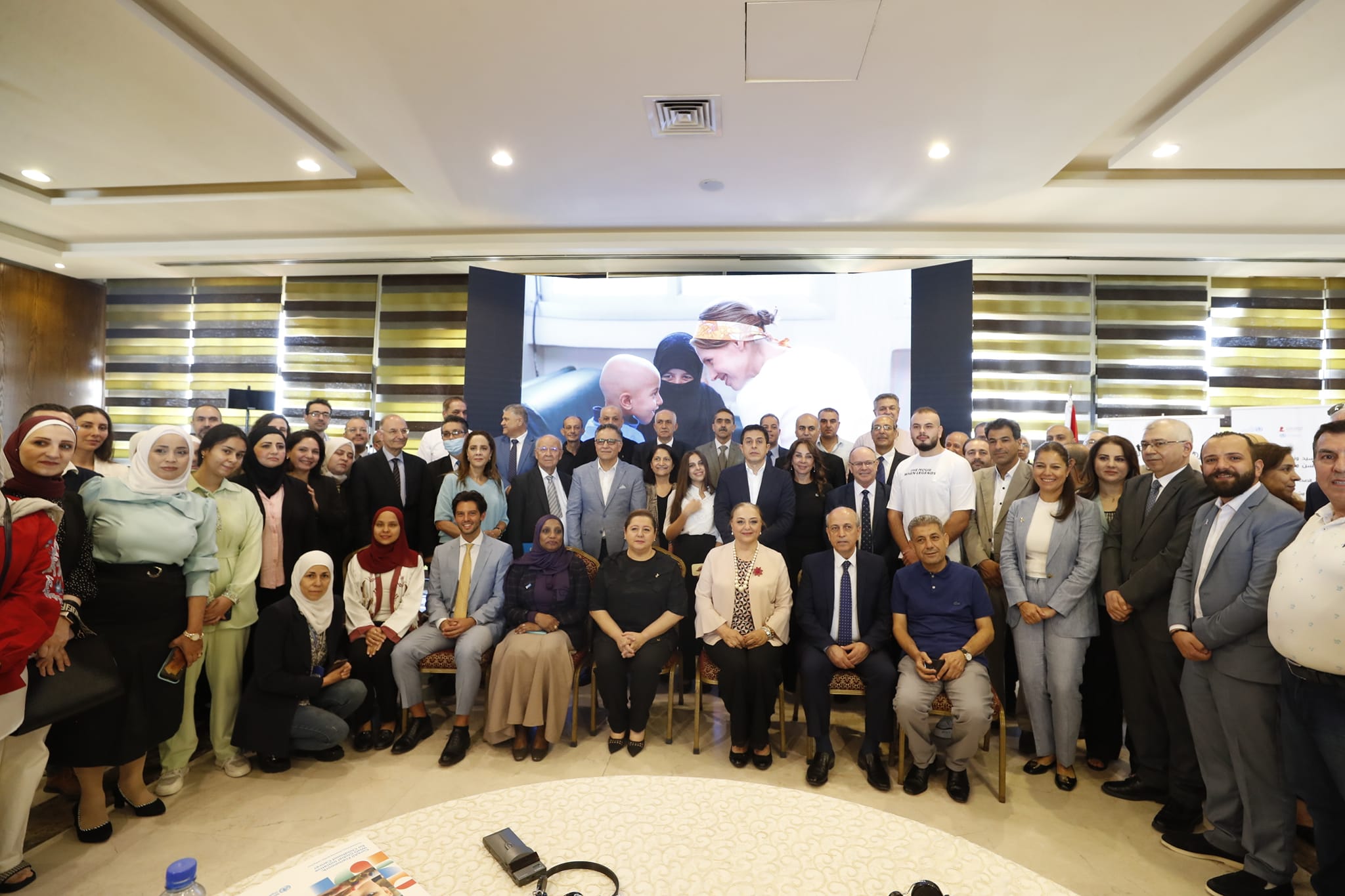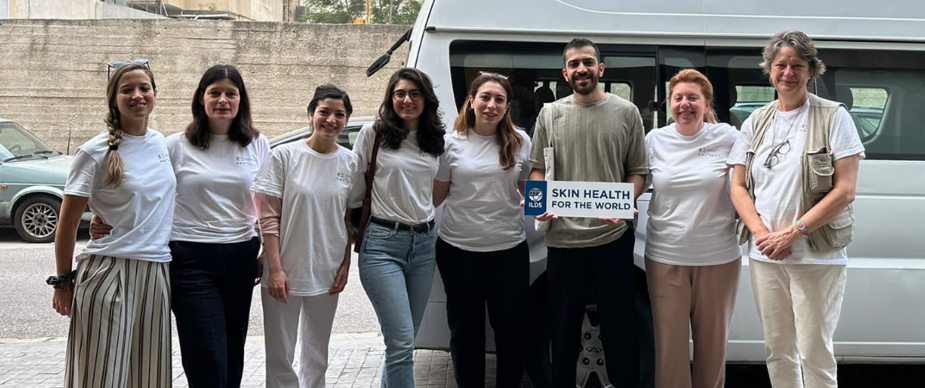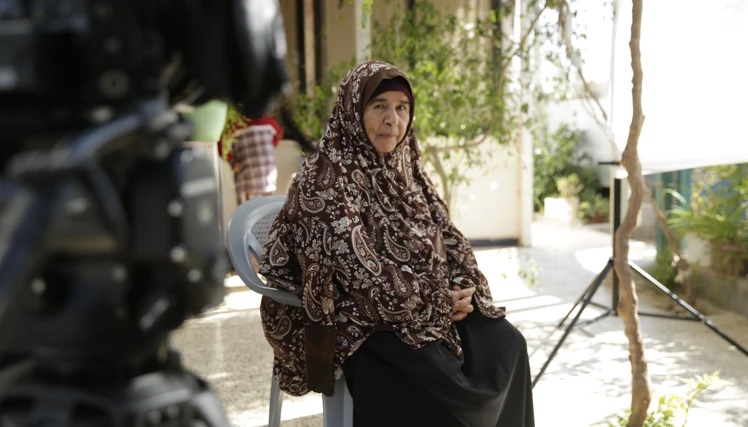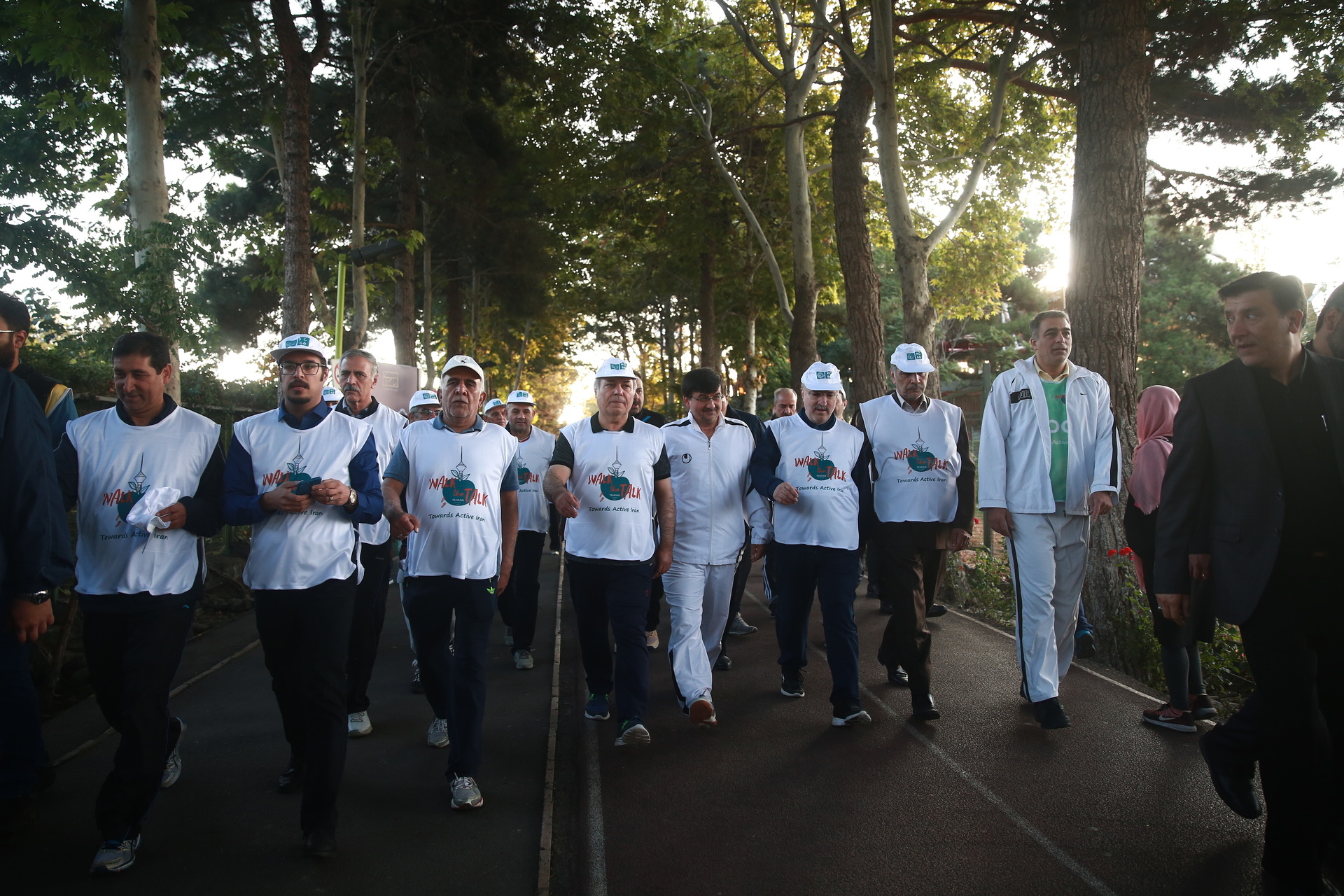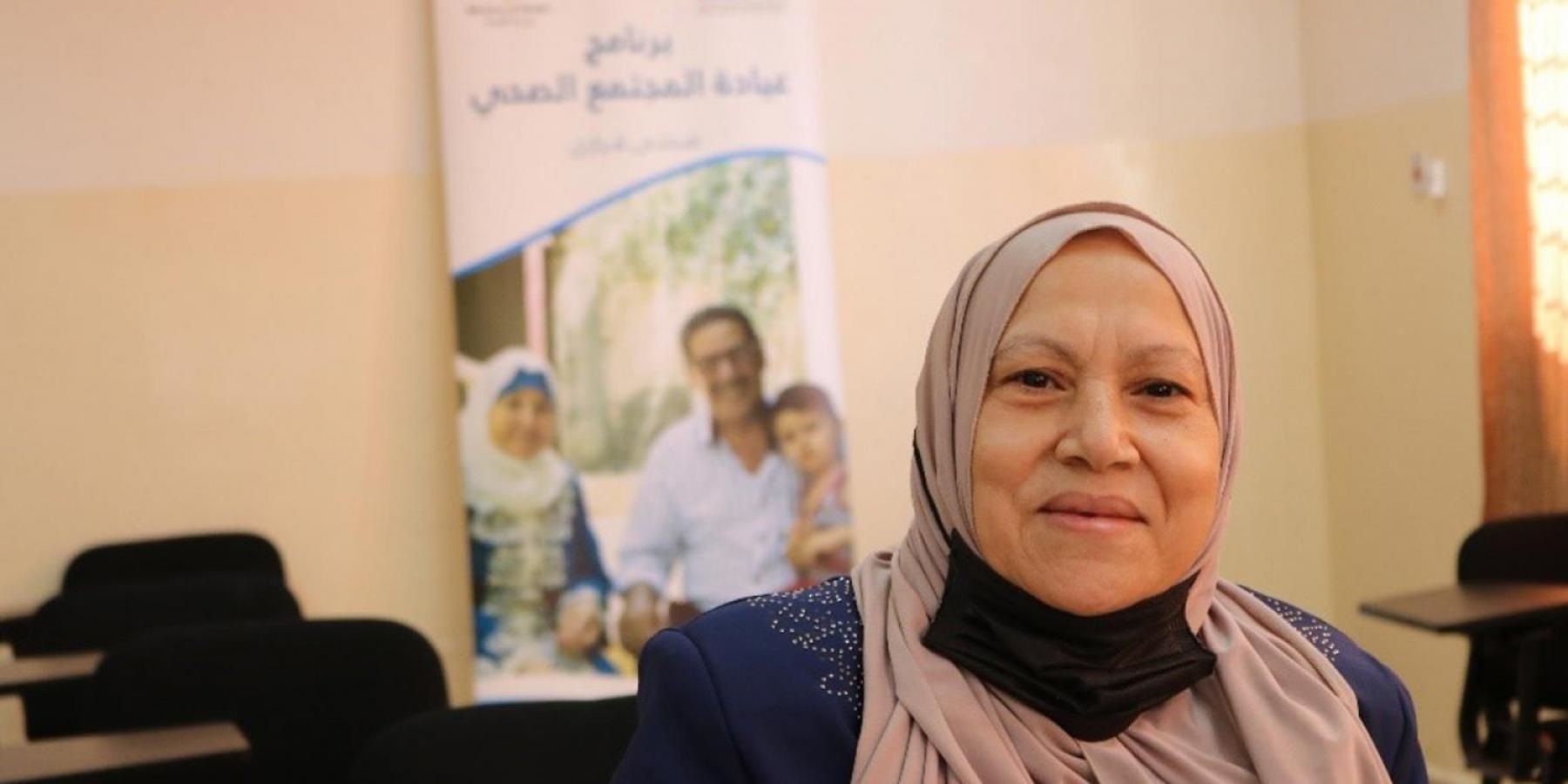Djibouti has been working to improve access to quality preventive and curative health care, including services for noncommunicable diseases (NCDs), through its National Health Development Plan since 2018. However, the COVID-19 pandemic severely hampered service provision. As a result, the Government implemented the Pacte de Solidarité Nationale to meet immediate needs and enable the country to “build back better” after the pandemic.
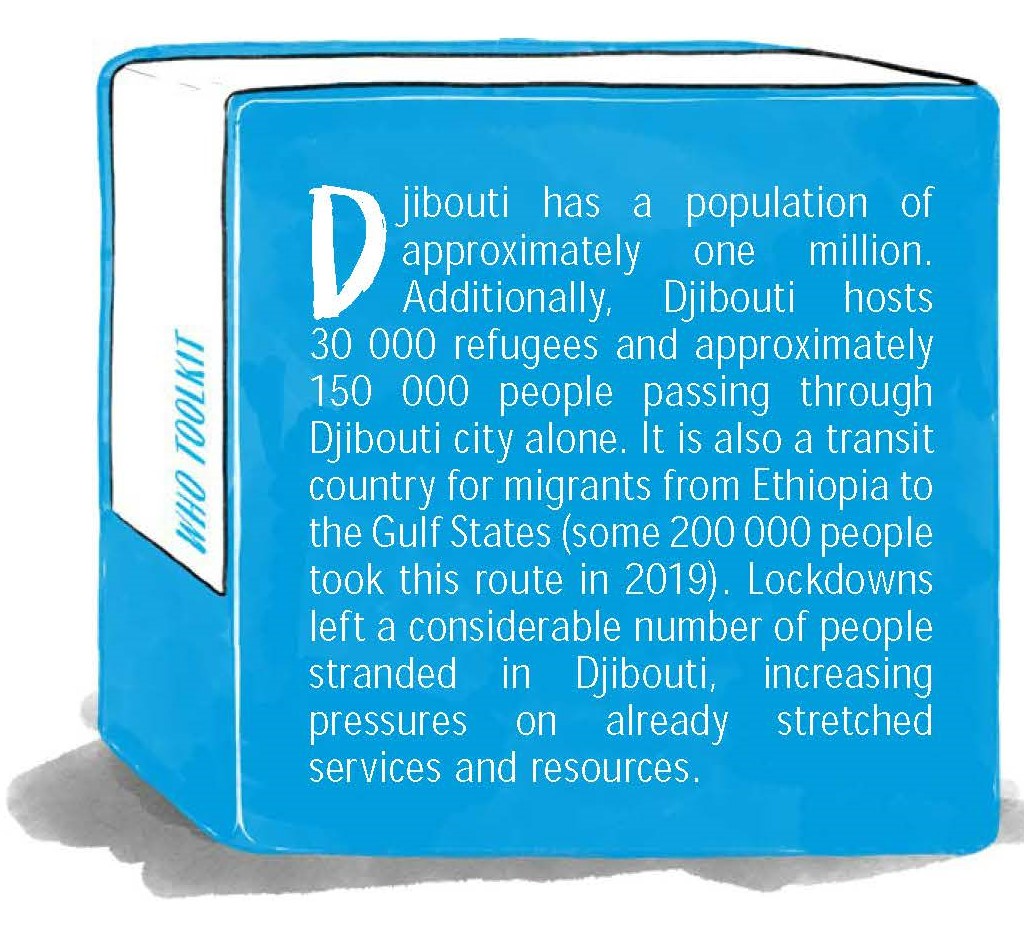 Djibouti worked with 23 partners, including 15 UN entities, 6 international nongovernmental organizations and 2 national nongovernmental organizations to ensure the provision of essential services.
Djibouti worked with 23 partners, including 15 UN entities, 6 international nongovernmental organizations and 2 national nongovernmental organizations to ensure the provision of essential services.
The Africa Centres for Disease Control and Prevention used innovative messaging services to disseminate accurate, trustworthy information on COVID-19 and to tackle misinformation.
Monitoring was an essential part of the emergency response. Tools such as the Financial Tracking System allowed the country to follow its progress in different sectors.
Before the COVID-19 pandemic had even begun, Djibouti’s infrastructure had been severely affected by natural disasters including droughts, floods and locust invasions. The country’s high proportion of refugees and migrants strained health services and other resources further.
COVID-19 and the efforts to contain it, such as lockdowns, had a major impact on the country, trapping migrants and reducing access to vital health care. Restrictions on movement affected the country’s ability to transport medical supplies, affecting people living with NCDs and other vulnerable groups in particular.
The pandemic also had an adverse effect on nutrition services – a serious problem in a country where almost a third of the population experience chronic food insecurity. Disruption to markets reduced access to healthy, affordable food, and restrictions on movement caused attendance levels of the moderate acute malnutrition treatment programme to drop.
The Government of Djibouti launched the Pacte de Solidarité Nationale in April 2020, which framed the response to the pandemic and highlighted the funding needs of three priority sectors: health, social measures, and economic measures.
To support the Pacte and other sectoral plans, the UN collaborated with a range of partners to draw up the COVID-19 Response Plan in February 2020. This focused on urgent actions to address the immediate public health crisis and the secondary impacts of the pandemic on vulnerable groups. The Plan had four strategic objectives:
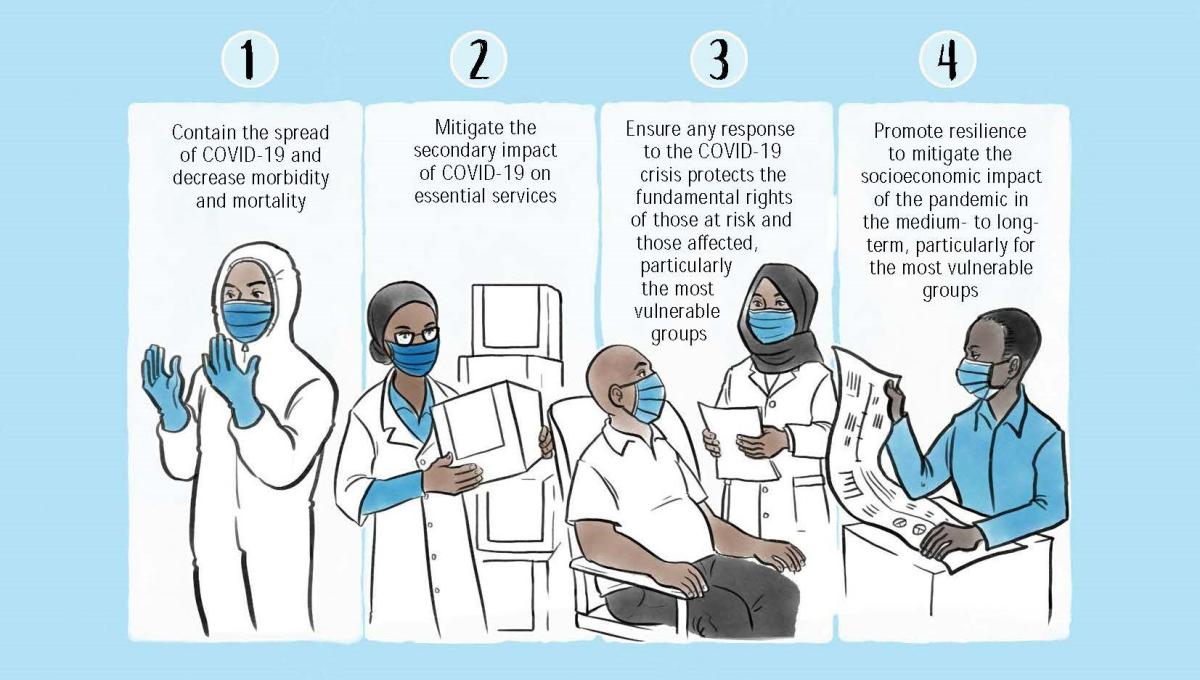
The UN and partners worked alongside the Ministry of Social Affairs and Solidarity, taking a “leave no one behind” and “reach the furthest behind first” approach to support the most vulnerable. Partners distributed food and cash transfers in rural areas, food vouchers for vulnerable families in Djibouti city and food in transit/quarantine centres created by the Government for migrants.
The multi-agency response ensured continued access to basic services including health, education, water, sanitation and hygiene, livelihood, food security and nutrition for vulnerable people. The response also aimed to support the Government in building and managing a strategic food stock as a priority.
The pandemic has had a direct impact on some SDGs, such as the eradication of poverty and hunger and the promotion of health for all. However, Djibouti has placed 2030 SDGs at the heart of their recovery programme. The aim is to build back better, taking long-term measures and making investments to ensure recovery, create stability and look to the future with hope.
This country story is part of a series on sharing successful strategies from the Eastern Mediterranean Region mitigating noncommunicable diseases and mental health disorders during the COVID-19 pandemic and beyond. Discover additional stories and insights in the full report published by the World Health Organization Regional Office for the Eastern Mediterranean.

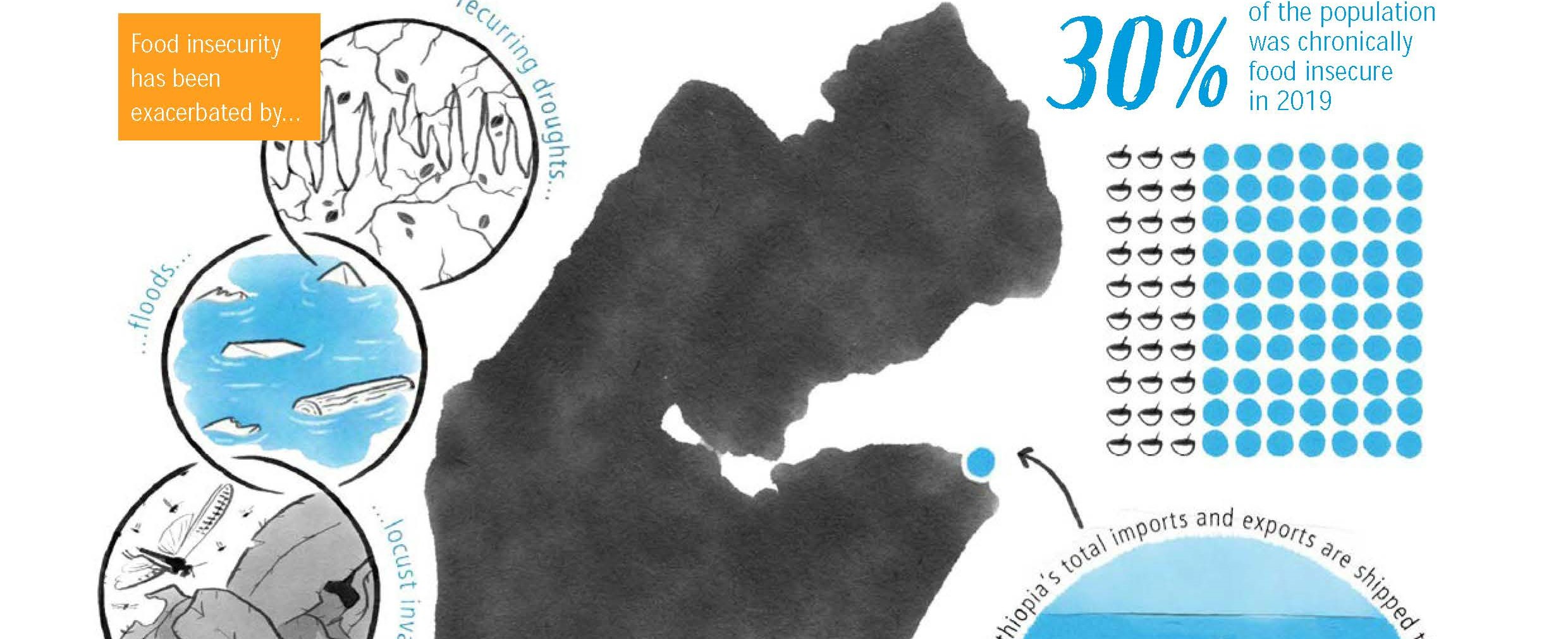
 Djibouti worked with 23 partners, including 15 UN entities, 6 international nongovernmental organizations and 2 national nongovernmental organizations to ensure the provision of essential services.
Djibouti worked with 23 partners, including 15 UN entities, 6 international nongovernmental organizations and 2 national nongovernmental organizations to ensure the provision of essential services.
